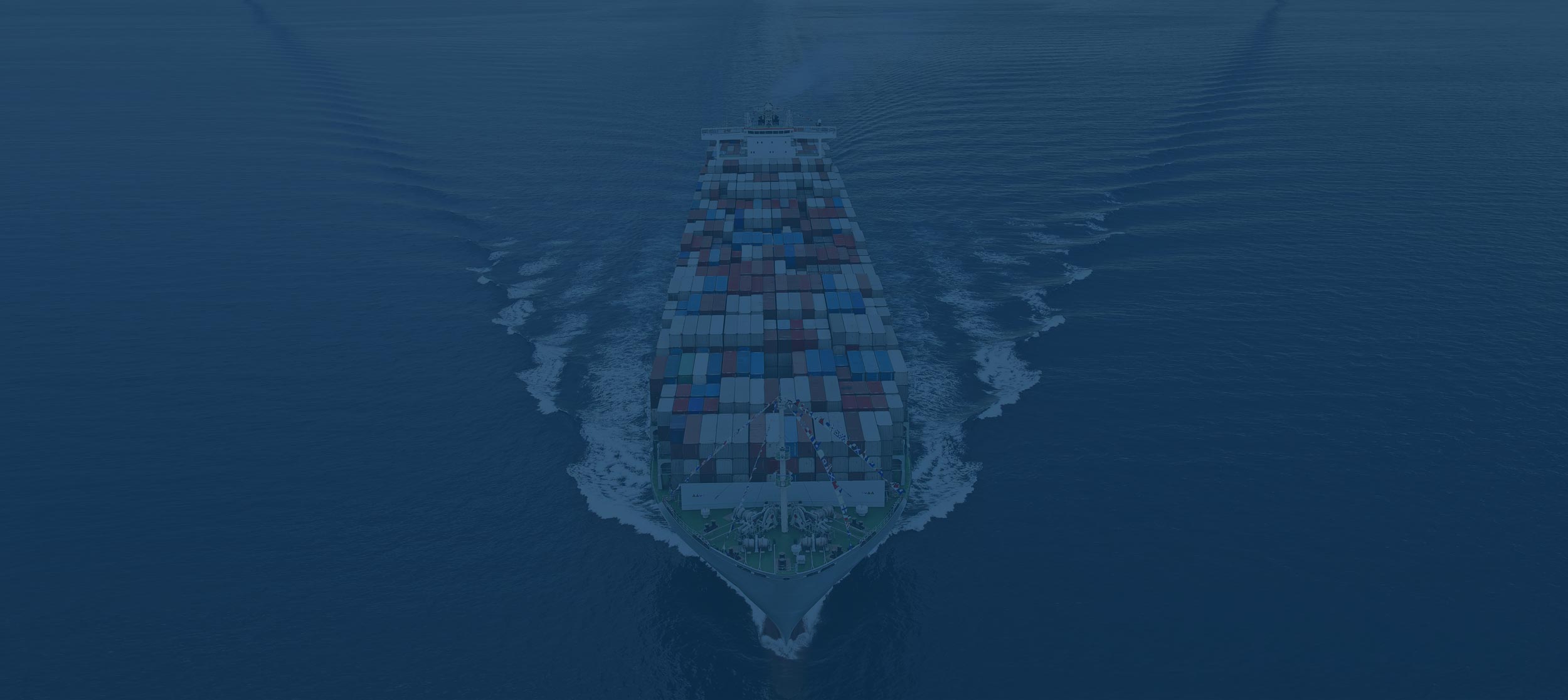You might have just noticed how the past summer broke temperature records across the world, and subsequently evoked a heated discussion in the global media over climate change. Extreme weather phenomena across the planet have now concretely brought the issue to the surface, and we have finally begun to recognise the fact that “business as usual” cannot exist any longer. Fortunately, in our aid we have several recommendations, guidelines and goals set by international bodies; the most distinguished of which perhaps being the Sustainable Development Goals (SDGs) launched in 2015 by the United Nations’ Framework Convention on Climate Change.
 This set of 17 goals represents a global intention to create a more sustainable, or even re-generative future for the coming generations. These SDGs succeed the Millennium Goals (MGs), active between 2000 and 2014, but differ from their predecessors most prominently on their target audience; while the MGs were aimed at the developing countries, the SDGs have been set for the whole world. Additionally, the SDGs are equipped with targets and indicators, which are intended to ease the work for the individual national monitoring committees. The SDGs cover the whole spectrum of life on the planet, societies and culture, the flora and the fauna, above and below the sea level. They are by no means called ‘ambitious’ without reason.
This set of 17 goals represents a global intention to create a more sustainable, or even re-generative future for the coming generations. These SDGs succeed the Millennium Goals (MGs), active between 2000 and 2014, but differ from their predecessors most prominently on their target audience; while the MGs were aimed at the developing countries, the SDGs have been set for the whole world. Additionally, the SDGs are equipped with targets and indicators, which are intended to ease the work for the individual national monitoring committees. The SDGs cover the whole spectrum of life on the planet, societies and culture, the flora and the fauna, above and below the sea level. They are by no means called ‘ambitious’ without reason.
The American cultural anthropologist Margaret Mead has famously stated that one should “never doubt that a small group of thoughtful, committed citizens can change the world; indeed, it’s the only thing that ever has.” Regardless of the many good-will gestures of governments committing to the famous Paris Agreement during COP21, it can be argued that the actual implementation of the SDGs relies on the work of smaller, dedicated, professional groups – such as projects with their professional consortiums to integrate the SDGs in their companies’ policies, visions and missions, and across their business agenda. We can indeed take pride in the fact that one such group currently working around the Baltic Sea region, is our own project consortium of ECOPRODIGI.
One year into the project and our mission to develop eco-efficient solutions for the digitalising maritime industry, and it is time to organise our first public seminar in Copenhagen in November. This seminar – “Heading towards digital and eco-efficient shipping in the Baltic Sea region” will be gathering together academic researchers, industry end-users and policymakers, which is what we believe a highly successful and efficient combination of experts from the many corners of maritime field. One of the panels in the seminar will be particularly addressing the enablers and barriers for sustainable maritime, and what are the necessary steps to take together in order to achieve it. Only together we are able to create relevant solutions for the rapidly evolving industry.

Why are objectives and goals such as the SDGs so important? Because they give projects and initiatives relevance at a global scale; e.g. ECOPRODIGI is directly contributing to SDG #14 “Life below water”, by aiming to reduce emissions in the sea and water through eco-efficient solutions for the whole vessel life-cycle. The ultimate goal is to develop solutions which can then be applied to every sea in the world, not just the Baltic Sea. We are also addressing SDG #9: “Industry, innovation and infrastructure” by fostering innovation, which will be demonstrated through the many digital solutions developed in the project. Indirectly, the project is also related to SDG #12: “Responsible consumption and production” and its target of “Responsible management of chemicals and waste”, as the ultimate goal is also to reduce waste and emissions into the sea and the atmosphere.
By connecting the work to the SDGs, the project is responding to common global challenges at a local scale. It will ideally also attract more attention from the global maritime community, and the solutions built here can be applied further. By aiming to achieve common goals, ECOPRODIGI and other Clean Shipping projects are leading the way to make the Baltic Sea region a model region for clean shipping and sustainable development for maritime industry in the world.


